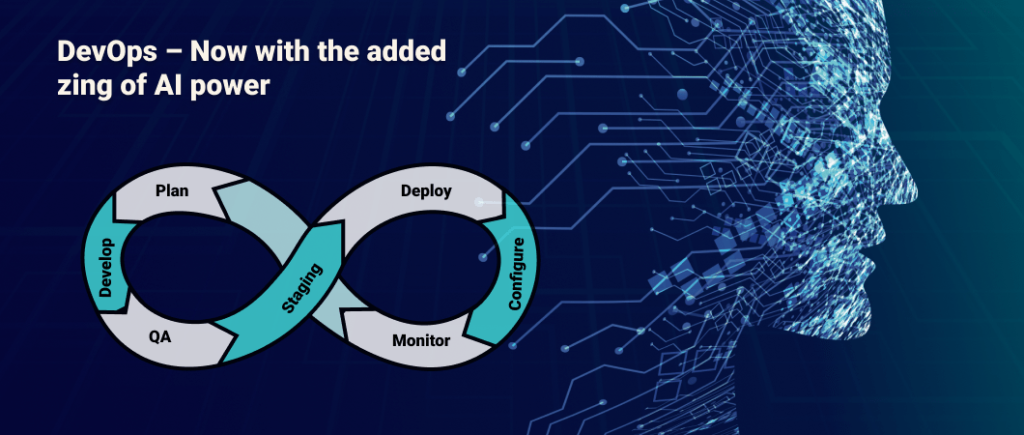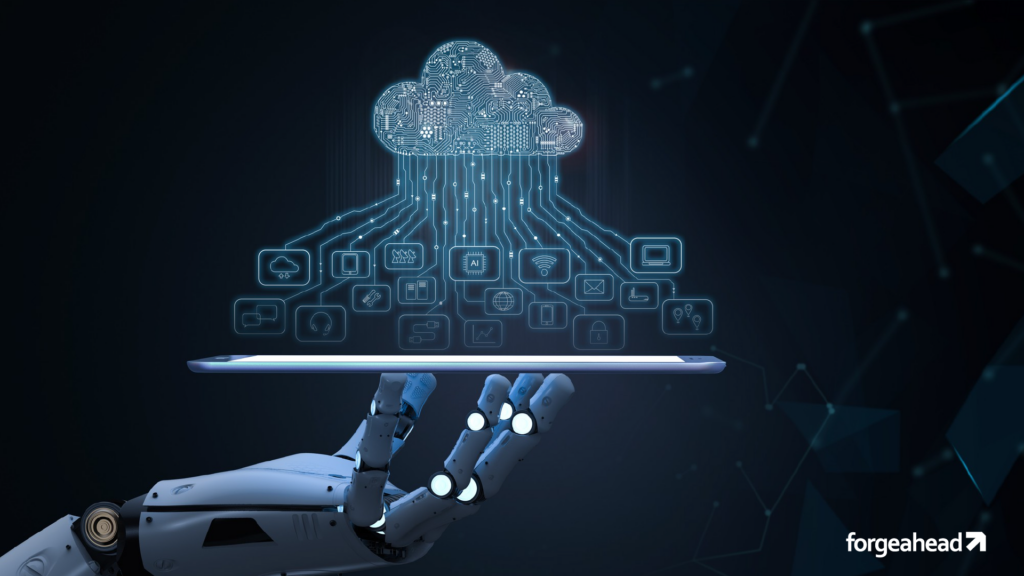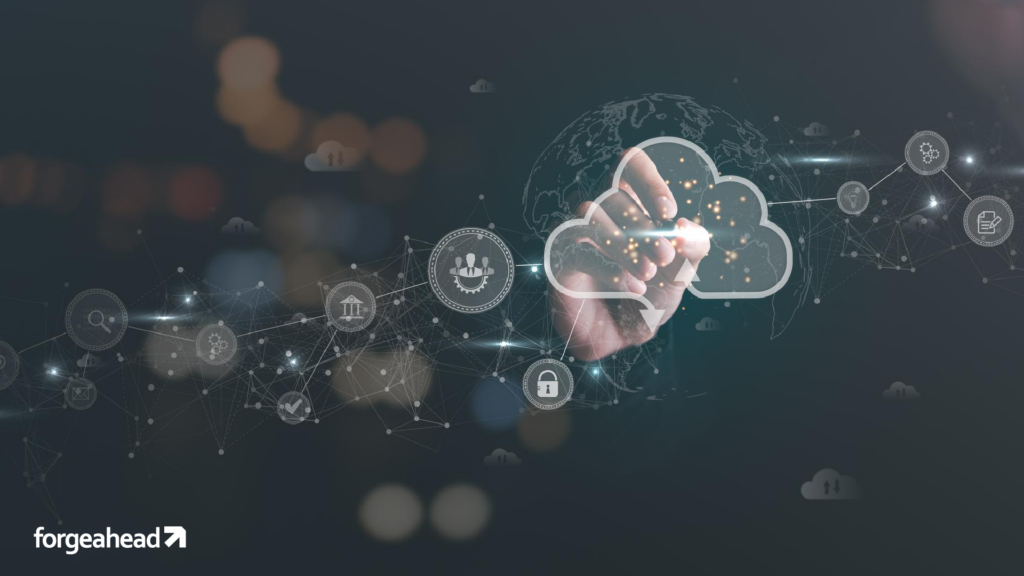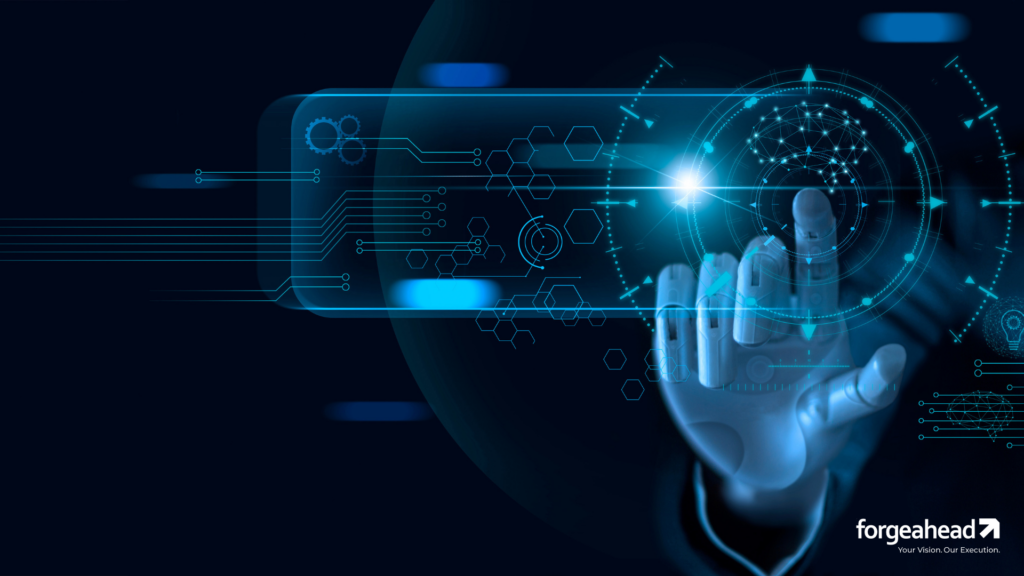Last updated on October 22nd, 2024
DevOps is not a goal but a never-ending process of continual improvement.
Jez Humble of Chef
The pace of software releases has increased manifold. With DevOps, we now get:
- Shorter development cycles
- Early defect detection
- Continuous release and development
- Faster delivery times
- Increased collaboration between teams
At that pace though, an intriguing collaboration seems in the offing between Artificial Intelligence (AI) and DevOps with the potential to further streamline operations and enhance performance. A Gitlab survey of 4,300 developers revealed that 75% of them are using AI, machine learning (ML), or automated bots to test and review their code before release.
Common Challenges in DevOps – & How AI Addresses Them
DevOps adoption brings numerous benefits but also challenges for organizations. Key hurdles include manual testing and release processes, inconsistent IT environments, inadequate feedback mechanisms, limited transparency, and the absence of a DevOps Center of Excellence (CoE). However, AI offers solutions to each of these challenges:
Manual Processes:
AI automates repetitive tasks in testing and releases, speeding up the deployment pipeline and reducing human error.
Inconsistent IT Environments:
AI can analyze and standardize IT environments, ensuring consistency across different stages of development and deployment.
Lack of Timely Feedback:
By leveraging AI-powered analytics, organizations gain insights into performance metrics, allowing for quicker identification and resolution of issues.
Limited Transparency:
AI promotes transparency by providing real-time visibility into the status of development and deployment processes, fostering collaboration among team members.
Absence of DevOps CoE:
AI helps in establishing a DevOps CoE by providing data-driven insights and best practices, guiding organizations in optimizing their DevOps processes. Overall, AI enhances DevOps by automating processes, identifying risks, promoting collaboration, ensuring security, and guiding organizational excellence.
So, how would AI technologies work seamlessly with DevOps? Let us examine that next.
How AI and DevOps Work Together
AI and DevOps can be seen to be interdependent.
Imagine a scenario where your DevOps team is examining several exabytes of data to extract a piece of useful insight just before a software release. They could potentially spend many hours on this task. By integrating AI technologies with your systems, this task can be completed efficiently in a shorter time.
Industry experts also believe that AI and ML have the power to enhance DevOps in application developments and deliver some crucial business outcomes. They expect that the intelligence and insights that can be baked into automated processes and workflows with AI and ML could significantly optimize DevOps processes by making them faster and free of error.
How exactly can AI improve DevOps? Let us next look at 5 ways.
5 Ways in Which AI Can Improve DevOps
Here are five ways Artificial Intelligence can improve DevOps and transform application delivery:
Streamline Software Testing
Software testing is, obviously, an integral part of software development. With the intelligent use of AI during software testing, there are multiple points where we can remove performance bottlenecks and eliminate tester bias from the pipeline, which means lesser time and effort on retesting. Moreover, testing methods like regression, unit, and functional testing produce a large amount of valuable data. AI technologies can decipher data patterns and identify common errors and problems in coding practices.
Did you know that Facebook uses an AI-powered bug detection tool that can predict and resolve software defects accurately 80% of the time? Finding and fixing bugs hinders operational efficiency in DevOps. Through prioritization and diagnosis, AI can help locate and rectify bugs easier and faster.
Another interesting application is the use of AI to test AI-led applications like chatbots in industry sectors including finance, healthcare, retail, and education. Given the inherent nature of such apps, accelerated and foolproof software testing powered by AI way is a great way of validating these systems.
Enhance Cybersecurity
As data breaches and cyberattacks like DDoS attacks become more frequent, it has become imperative to add cybersecurity into the app development process. AI can help in protecting your DevOps ecosystem by identifying abnormal conditions in advance. AI can improve security by recording malicious threats and deploying an ML-based central logging architecture to identify and pinpoint potential threats early.
Enhanced Feedback Cycles
Product feedback is crucial at every stage of DevOps to drive the next iteration of the app. ML-operated performance monitoring tools can gather the necessary information in the form of software logs and datasheets. Feedback provided by an ML algorithm is unbiased and objective based on actual end-user behavior. By merging this feedback with the product into software delivery, the DevOps team can build better products with enhanced user acceptability.
Anomaly Detection and Managing Alerts
Modern DevOps teams are relying on advanced ML/AI algorithms to identify anomalies, reduce alert fatigue, and generate insights from application logs. AI-based anomaly detection solutions are trained against historical data, or statistical analysis and can offer higher quality and more real-time alerts to DevOps.
Unfortunately, traditional methods mark all incoming alerts with the same severity level, making it difficult for teams to react and respond. AI/ML solutions can predict the issues before they occur, suppress alerts that don’t need immediate action, and also troubleshoot issues.
Smart Resource Management
AI-enabled intelligence can help the DevOps team immensely in managing the infrastructure and other resources they consume while building the applications. This helps optimize resource utilization and manage cloud costs. In addition, they can automate the routine and repetitive tasks that would otherwise consume a lot of time if done manually. With more automation, DevOps team members can focus fully on code development and testing.
Conclusion
AI technology holds forth great promise in powering the future of DevOps. AI could help power a transformation in the way software apps are built, deployed, and tested. That could help fulfill the very essence of DevOps – reducing the friction involved in converting the value to throughput.
Eager to unlock a new digital world with the best in DevOps? Speak to Forgeahead. We have deep expertise and experience in building DevOps strategy to build modern applications and software products. Contact us now.



